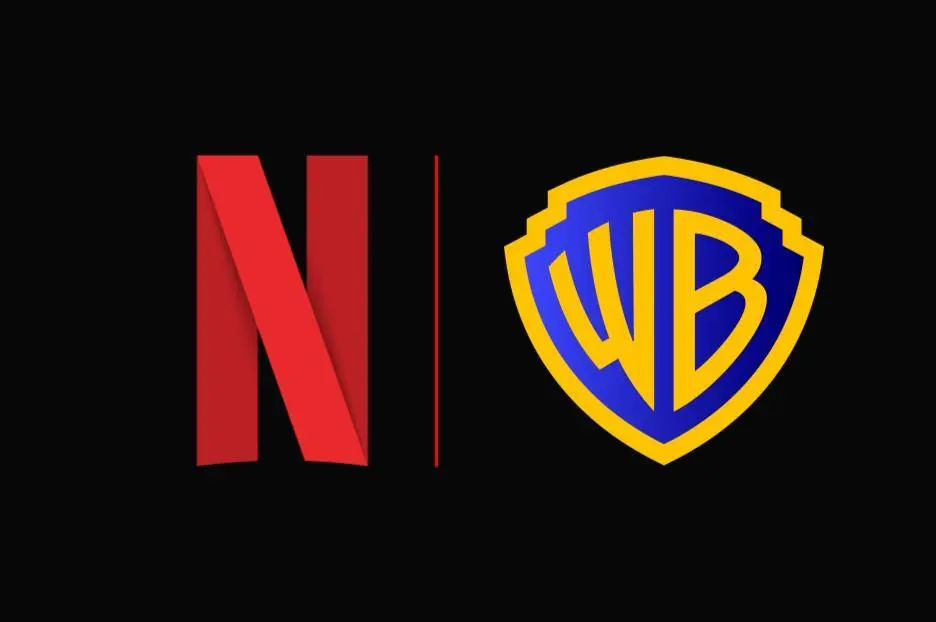
via Tiffany & Co.
When the new Tiffany’s campaign was unveiled, reactions were mixed.
Tiffany’s, the iconic jewelry brand which does not (despite what some might have been misled to believe), in fact, serve breakfast, featured Jay Z, Beyoncé, and a rare Basquiat painting in their recent campaign.
The aesthetics were undeniably luxe and historic. The campaign showcased the rarely-seen Basquiat painting Equals Pi (1982), which the brand acquired for the background’s proximity to its distinctive Tiffany blue. Also notably historic is that Beyoncé was the first Black woman to wear the 128.54 carat Tiffany Diamond.
Before Beyoncé, the only other stars to wear the yellow diamond were Mary Whitehouse, wife of American diplomat Edwin Sheldon Whitehouse, Hollywood icon Audrey Hepburn, and singer Lady Gaga.
“Beyoncé and Jay-Z are the epitome of the modern love story …. Love is the diamond that the jewelry and art decorate,” said the press release accompanying the campaign.
The campaign, titled “About Love,” is stunning and has both classic and contemporary references. The image of the couple posing in front of high art recalled the iconic stills from their “APESHIT” music video, for which they famously rented out the Louvre and posed in front of the Mona Lisa.
THE CARTERS – APESHIT (Official Video)www.youtube.com
Their “APESHIT” photo made a giant cultural impact for its juxtaposition of Western beauty and Blackness. Tiffany’s campaign seemed to have similar goals — showcasing Beyoncé and Jay Z as the peak of luxury, this time juxtaposing the Basquiat and the Tiffany diamond.
As a Black couple, their appearance in such a luxury campaign was a big move for representation, but in a post-2020 landscape, there was an outcry of criticism.
Despite the aesthetic beauty of the image, the high capitalist undertones didn’t sit right with some on the internet — largely younger demographics. Though this campaign was an effort by Tiffany’s to appeal to younger audiences and make the brand feel more relevant, Twitter’s verdict was clear: a blood diamond wasn’t the way to go.
The diamond, which was mined in South Africa in 1877, comes from origins laden in the implications of colonialism. The practice of mining in South Africa at the time was exploitative and destructive, eschewing the livelihoods and safety of African miners and their communities for… what? Money? So Tiffany could try to sell us some dream of affluence using Black celebrities as to “Blackwash” the history behind their treasured piece?
The Washington Post also had some choice words, saying: “Its campaign does not celebrate Black liberation — it elevates a painful symbol of colonialism. It presents an ostentatious display of wealth as a sign of progress in an age when Black Americans possess just 4 percent of the United States’s total household wealth. If Black success is defined by being paid to wear White people’s large colonial diamonds, then we are truly still in the sunken place.”
Alongside the campaign, Tiffany & Co have promised to donate $2 million to HBCUs to fund scholarships and internships. But this measly amount (considering the multi-billion dollar net worth behind LVMH) is not enough to cover up that, despite their performative efforts to promote “diversity,” Tiffany’s is entrenched in a colonial history that neither beauty nor Beyonce can make us ignore.
While Black representation has been increasing over the past few years, the question of how we are represented is starting to be considered with more nuance. And as we examine the structures of wealth and hierarchical values, many people are starting to ask whether these should be the standards we aspire to anymore.
Jay Z and Beyoncé have come under fire before for their promotion of Black Capitalist values — which the kids don’t seem to want. Jay Z especially seems invested in the trappings of traditional (read: white) success and wealth. His cannabis line recently unveiled a campaign based on the work Slim Aarons — which was famously focused on “attractive people doing attractive things in attractive places” — and its unashamed opulence raised some eyebrows.
Images like this aren’t as revolutionary as they once might have been since they reinforce the status quo and tell marginalized people to reach for the same luxuries and lifestyles deemed aspirational by the people who have oppressed them.
Anti-capitalist theory has been around as long as capitalism has, but younger generations are more likely to question the status quo — even when it comes packed with Basquiat and Beyoncé.
The conversation about the Tiffany campaign is indicative of how Gen Z thinks differently about money and what it means to them. They are less likely to be seduced by the luster of the aspirational, and more receptive to relatability.
This is why apps like Cleo have been on the rise. Cleo is a budgeting and personal finance app which makes money feel less inaccessible and makes engaging in personal finance relatable and easy.
No more does financial literacy seem restricted to the pretentious or the elite — we get it, finance bros; you love capitalism. With Cleo, understanding your money is something that can align users with their values.
And those values don’t look like blood diamonds or corporate pandering.
"










